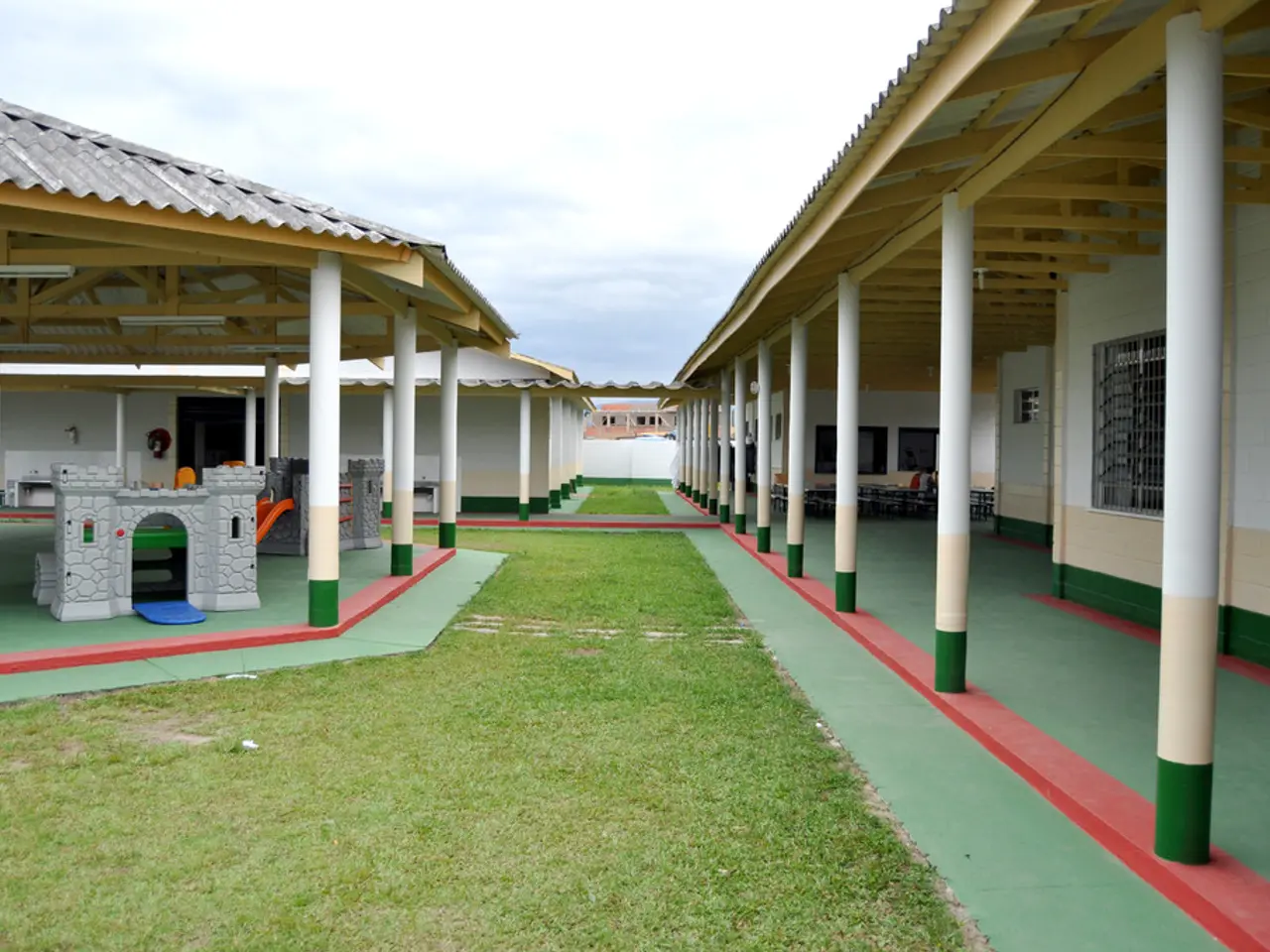U.S. President Trump Announces Plans to Levy Tariffs to Shift iPhone Manufacturing to American Soil - Trump initiates push for domestic iPhone manufacture, hints at potential tariffs on imported devices
Title: Trump Threatens Tariffs on Apple Over iPhone Production
President Donald Trump has issued a warning to tech giant Apple, threatening to impose tariffs of up to 25 percent on iPhones not produced domestically in the United States. In a post on his online platform Truth Social, Trump stated that iPhones sold in the US should be manufactured there, otherwise, a tariff would be expected.
The pressure from the Trump administration for Apple to assemble the iPhone in the US has been ongoing for some time. Experts argue that such a move would require substantial investments and significantly increase the cost of smartphones. Apple's current manufacturing supply chains are mainly based in Asia, particularly in China, a setup that has been in place for decades. However, the company has been expanding its production in India and Vietnam in response to supply difficulties caused by lockdowns in China.
In response to these threats, Apple announced plans for a significant investment over the next four years. However, this investment is primarily focused on products like servers, with plans for a new factory in Houston, Texas, rather than full-scale iPhone assembly. Apple CEO Tim Cook has also noted that more than half of the iPhones sold in the US are now made in India, with plans to increase assembly production in India by up to 65% this fall.
Despite these developments, industry analysts remain skeptical about the feasibility of producing iPhones entirely in the US. They cite factors such as high labor costs, supply chain complexity, regulatory issues, and an estimated manufacturing cost of up to $3,500 per device as barriers to a domestic production shift. Additionally, trade experts question whether higher tariffs would have a significant impact on domestic manufacturing trends, as companies typically base their decisions on a wide range of factors, including labor and energy costs, tax rates, and regulatory stability.
In summary, despite threats of tariffs and political pressure, analysts view large-scale iPhone production in the US as unlikely in the near term. Instead, Apple appears to be focusing its US manufacturing investments on less labor-intensive products while expanding iPhone assembly in India.
- The Commission, in response to the political pressure on tech firms and general news regarding tariffs, is proposing to extend the period of validity of policies concerning finance and business to cover the technology industry, with a focus on policy-and-legislation that could potentially reduce production costs for companies like Apple.
- The tech giant Apple, amidst threats of tariffs from politics, is planning a significant investment over the next four years, predominantly targeting the production of products like servers, as opposed to full-scale iPhone assembly in the United States.
- While Apple is expanding its iPhone assembly in India, industry analysts are skeptical about the feasibility of producing iPhones entirely domestically due to factors such as high labor costs, supply chain complexity, regulatory issues, and estimated manufacturing costs that could reach up to $3,500 per device.
- Trade experts question whether increased tariffs would significantly impact domestic manufacturing trends, suggesting that companies often base their decisions on a wide range of factors beyond just tariffs, such as labor and energy costs, tax rates, and regulatory stability.








